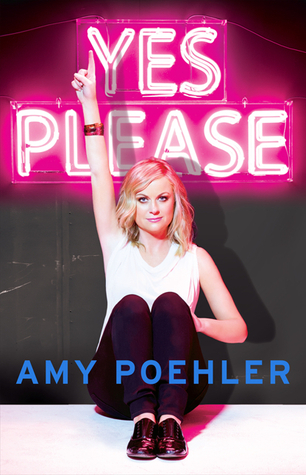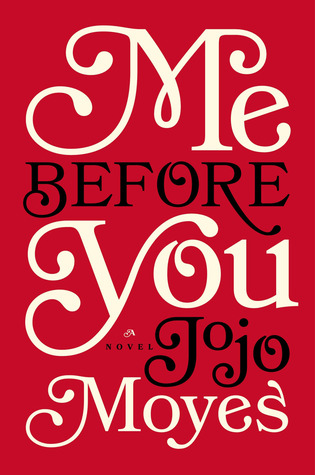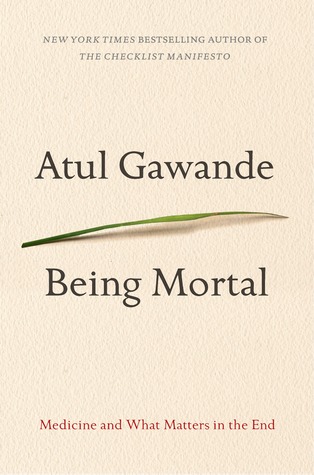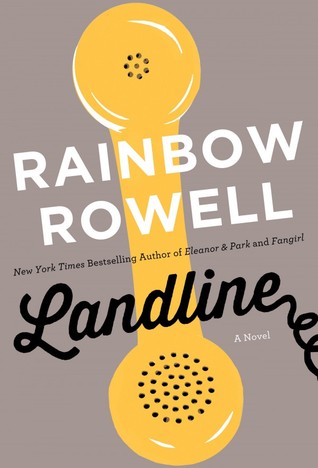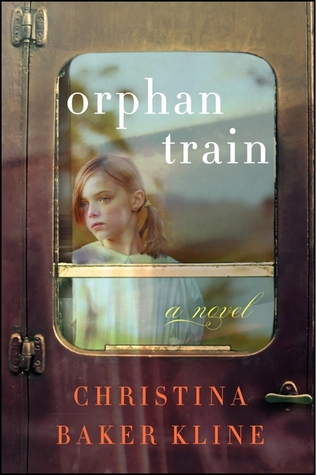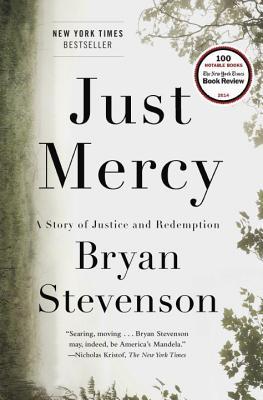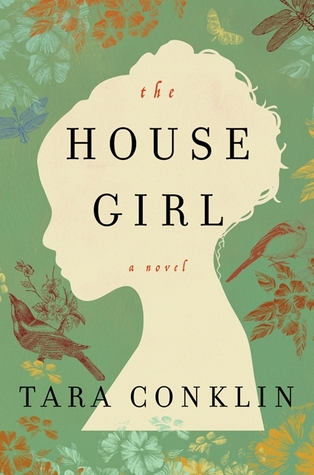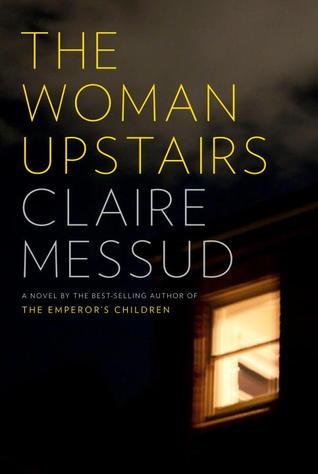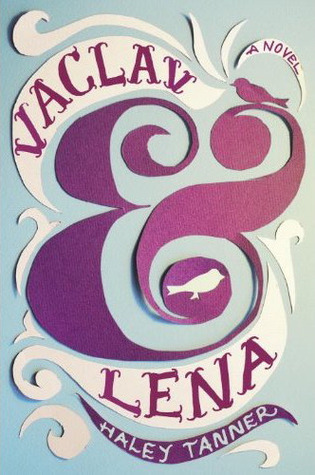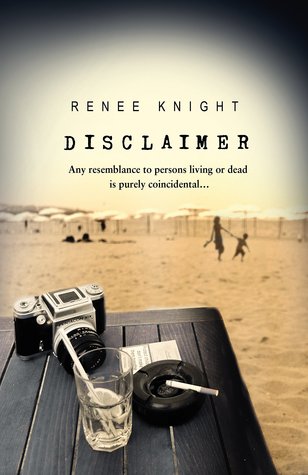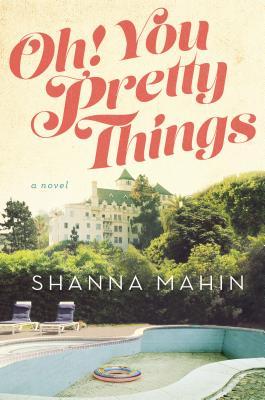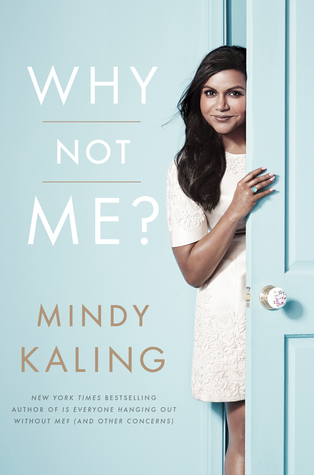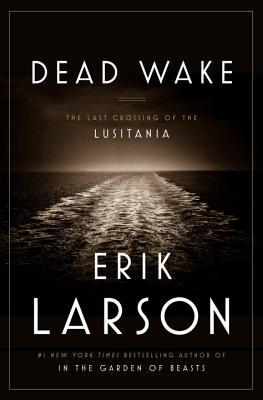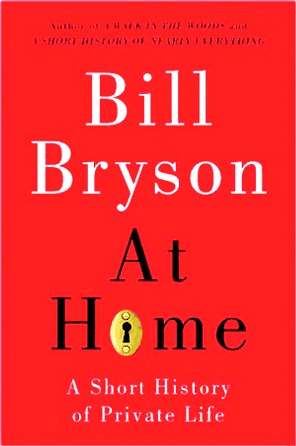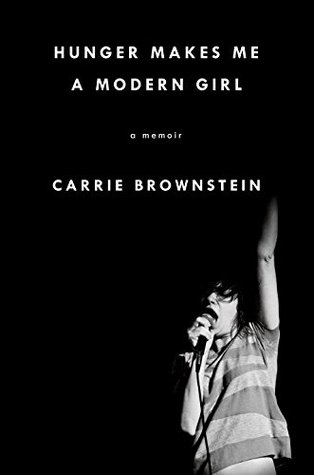This is my annual year end book blog! I like to mix it up by posting the year end list in January. And by mix it up, I mean post it when I finally get around to writing it. Here's a picture of the books I read last year, courtesy of Goodreads, and I will list my Top Fives below. (I'm sorry some of the books overlap - I'm not sure how to fix that. Here is the link to Goodreads if you would like to click on any of the books to get a summary, reviews, etc.)
Top 5 fiction books (in random order):
Me Before You by Jojo Moyes
Kitchens of the Great Midwest by J. Ryan Stradal
Fates and Furies by Lauren Groff
All the Light We Cannot See by Anthony Doerr
Mambo in Chinatown by Jean Kwok
Top 10 non-fiction (in random order):
Being Mortal by Atul Gawande
The Empathy Exams by Leslie Jamison
To the End of June by Chris Beam
Deep Down Dark by Hector Tobar
Just Mercy by Bryan Stevenson
All Joy and No Fun by Jennifer Senior
Girl in Glass by Deanna Fei
Dead Wake by Erik Larson
At Home by Bill Bryson
Please send me your fiction recommendations: This was a year where I enjoyed non-fiction much more than fiction, which might have just been the selection I read. It is usually the other way around - I read fiction because I love it and (mostly) read non-fiction to try to learn something or broaden my horizons. I'm going to be SO SAD if my love of fiction doesn't come back with a vengeance. Please send me your best recommendations of fiction books you absolutely loved and help me love fiction again!
This year's fun coincidences: When you read a fiction book and non-fiction book on similar topics at the same time, they complement nicely. This year's two pairings like this: First, I read Orphan Train (a historical fiction book about orphans / adoption of older children) and To the End of June (a non-fiction book about the American foster care system). Second, I read Me Before You (a fiction book about a man making end of life decisions) and Being Mortal (a non-fiction book that discusses issues related to end of life care). The non-fiction book educates you about the facts, gives a fuller picture of all the most important points to be made in the given topic, and just generally gives you knowledge and piques your interest in the topic. The fiction book humanizes a topic and helps you empathize with the characters who are going through the real thing. When you get both of these at the same time, it creates a really rich, powerful experience of the topic. Both of the times it happened for me this last year were coincidental, but I'm going to try to plan to read like this more often. (And I would welcome recommendations of good fiction - non-fiction pairings.) (If any of you read To the End of June, which is excellent, and want a great fiction book to pair with it, I would recommend either The Language of Flowers or White Oleander.)
Monday, January 18, 2016
Wednesday, January 13, 2016
Josh Brain MRI
Josh is getting a brain and spine MRI tomorrow. This is the first time he's had imaging done on his brain, so we would appreciate prayers for normal results. This might seem a little out of the blue for those of you who have been following his health and saw my recent post about how well he's doing. He's still doing well - this is just a check - but here's a quick post with an explanation of why they're doing the test and why it hasn't been done before.
Why he needs it:
Josh saw a neurologist this fall for the first time since getting his 4Q deletion diagnosis last year. The neurologist thought it would be a good idea to check out J's brain, since kids with chromosome disorders are more likely to be born with structural brain differences, and if he has any differences, it would help us to know what to watch for and how to treat problems in the future. This is just a check - the doctor does not expect to find any particular problem.
Why he hasn't had it before:
The idea of a brain MRI was first floated when Josh was a baby, because J experienced low oxygen levels for a month between the time when he got discharged from the NICU and the time when he had his first post-hospital sleep study and got prescribed home oxygen. (Don't even get me started on how the discharging hospital let us go home with J still experiencing serious oxygen problems, because there is literally nothing that makes me more angry.) The neurologist wanted to check for problems related to the low oxygen month, but they couldn't check it in that first year because Josh had metal in his jaw from the jaw distraction surgery. (And as anyone who has watched lots of House episodes knows, metal and MRI machines do not mix well.) He got the metal devices removed from his jaw around his first birthday, but by then we had moved to Virginia, changed doctors, and the idea got put on the back-burner (and thankfully stayed on the backburner because his development continued to progress). But then we moved back to Reno, re-established with a neurologist, and the idea got moved back up to the front-burner.
I will write another post if there are any results to report. Thanks for prayers!
Why he needs it:
Josh saw a neurologist this fall for the first time since getting his 4Q deletion diagnosis last year. The neurologist thought it would be a good idea to check out J's brain, since kids with chromosome disorders are more likely to be born with structural brain differences, and if he has any differences, it would help us to know what to watch for and how to treat problems in the future. This is just a check - the doctor does not expect to find any particular problem.
Why he hasn't had it before:
The idea of a brain MRI was first floated when Josh was a baby, because J experienced low oxygen levels for a month between the time when he got discharged from the NICU and the time when he had his first post-hospital sleep study and got prescribed home oxygen. (Don't even get me started on how the discharging hospital let us go home with J still experiencing serious oxygen problems, because there is literally nothing that makes me more angry.) The neurologist wanted to check for problems related to the low oxygen month, but they couldn't check it in that first year because Josh had metal in his jaw from the jaw distraction surgery. (And as anyone who has watched lots of House episodes knows, metal and MRI machines do not mix well.) He got the metal devices removed from his jaw around his first birthday, but by then we had moved to Virginia, changed doctors, and the idea got put on the back-burner (and thankfully stayed on the backburner because his development continued to progress). But then we moved back to Reno, re-established with a neurologist, and the idea got moved back up to the front-burner.
I will write another post if there are any results to report. Thanks for prayers!
Wednesday, January 6, 2016
(The Infamous) Facebook Break
 |
| This is me! |
Why i took a break: I had been thinking about taking a break from Facebook in the fall so that I could focus on Advent and Christmas without so much distraction and irritation clogging my brain all the time. I never intended to stay off Facebook for more than a few weeks - there are too many things I value about it to stay away forever. I just wanted to see what it would do for my thoughts, feelings, and attention span to stay away for a month. I also just wanted to see if I could do it - like any good addict, i thought that I could quit Facebook at any time, but the proof is in the pudding. So I temporarily "quit" Facebook for 4 weeks from mid-November to mid-December.
What i missed:
- I've read some articles where people quit Facebook and loved it. That's not how it was for me at all. I missed pretty much everything that was posted related to individual people: learning about my friends' happy events where i can celebrate with you (births, moves, etc.) or hard events where i can pray for you (hospital stays, death of a loved one). I missed seeing the small personal moments too (I love the days when my newsfeed is filled with kids' Halloween costume pics, for example).
- Being able to connect with my special needs friends for practical questions and emotional support.
- Funny statuses, memes, and hashtags.
What i didn't miss:
- Buzzfeed
- Aggressively / argumentatively stated political opinions, even those i agree with.
- The silly outrage of the day (ie the Starbucks red cups) - knowing what it was, forming and sometimes stating an opinion about it, knowing everyone else's opinion about it.
- For serious current events - getting so involved in how people were responding to the event that you start to care more about how people respond than the event itself.
- Anything that is factually incorrect and can be verified or falsified by a 30 second Google search.
- How Facebook can make your place in the world feel disproportionately big: like it's really important that everyone knows what you think about everything all the time, like you're really important if you get enough likes, like it's extremely important that you don't miss liking other people's posts.
- How Facebook can make your world feel disproportionately small: whatever it is that you feel like you're missing in your life (that perfect relationship / career promotion / exotic vacation / dream house / a child / a busy and fulfilling social life), you can find someone on Facebook who seems to have that thing in spades, and it can make you focus on that and forget about all the good things you have in your life.
- I didn't miss my brain defaulting to checking Facebook everytime there was a free moment (it took a week for this impulse to diminish - it never completely went away). I certainly didn't spend every moment that used to be spent on Facebook doing something really worthwhile or pondering really deep thoughts - but I did feel like my mind was a little less distracted, like there were less metaphorical browser windows open in my brain - so when things did come up where I wanted to be present / pay attention, i was able to do so more easily without having to step aside from so much distraction in my brain. It was only a marginal difference, but in our culture, where there is so much distraction around you all the time, even a marginal difference has an impact.
What changes I will make:
- Regular, short breaks of 1-4 weeks everytime Facebook starts to feel agitating or like it's taking too much time in my day or space in my head.
- Ruthless blocking / hiding / unfollowing of sites regularly posting things that are worthless, or antagonistic / polarizing / negative without some kind of redeeming value.
In conclusion:
For me, a Facebook break is kind of like camping: it's nice to take some time away - it's refreshing and it clears your head - but by the end you can't wait to get back.
 |
| Adult coloring: like Minesweeper, but no computer needed. |
P.S. If you decide to take a Facebook break and are looking for a different way to take short mental breaks that can be interrupted at a moment's notice, may I suggest adult coloring books. Seriously.
P.P.S. In the absence of Facebook, I spent a little more time on two other social media sites - Instagram and Pinterest. Instagram was great - it has most of the good of Facebook and none of the bad - but 90% of my Facebook friends don't do Instagram, so ultimately it's not a good substitute. Pinterest is a different kind of site than Facebook, and while it's helpful when searching for a particular thing, it's a terrible place to spend time browsing (unless you enjoy dwelling on your lack of six pack abs, daily craft projects for the kids, and perfectly decorated /spotless/ DIY-project-laden house). (This is the best Pinterest take down ever.)
Friday, January 1, 2016
2016 Resolutions
It's the time of year for New Year's Resolutions! I'm sharing mine from last year and new ones for this year - I would be interested to hear your resolutions, too.
First, accountability -- how did it go with last year's resolutions?
1) Work on Strength training - this was a fail. There were a couple of 4 week stretches where I was diligent with my sit-ups and push-ups and squats, but mostly, this one went out the window.
2) Use the Book of Common Prayer at least 5 times per week - I did complete this one, and here's the blog post about why I chose to do this and why I think it's beneficial.
3) Take a course through Coursera - I completed a course on genetics and blogged my way through it, starting with this post. I really enjoyed the course and would highly recommend it to anyone whose child has a chromosomal disorder, or who wants to learn more about the field of behavioral genetics (it's changed A LOT since high school biology for those of us in the over 30 crowd).
The 2016 Resolutions:
I almost punked out on doing resolutions this year because it's been a tiring couple of weeks and I just could not summon the energy and enthusiasm to set big goals in health / fitness, learning, and spirituality (the 3 categories i usually try to fit my resolutions in). But there's a different area that I would like to improve in, and it lends itself to very low-key goals: become more self-sufficient. Here are the 3 ways i would like to become more self sufficient in 2016, and honestly i'm embarrased to admit that I need to learn the first two, but you've got to start somewhere:
1) Learn to fill the car tires with air. If that goes well, maybe learn some other basic car stuff (checking oil, changing washer fluid, that kind of thing).
2) Learn to hang a picture. I know the steps to doing this one, but you can't even believe how clumsy I am with my hands. But I want some family pictures on the wall, so I'm going to teach these hands some coordination and git r dun.
3) Grow at least one outdoor plant that survives the season. I love the idea of having a thriving vegetable garden and a beautiful flower garden, but for starters, I just want to keep a few easy things alive. Do any of you have recommendation for a plant that is super easy to grow?
First, accountability -- how did it go with last year's resolutions?
1) Work on Strength training - this was a fail. There were a couple of 4 week stretches where I was diligent with my sit-ups and push-ups and squats, but mostly, this one went out the window.
2) Use the Book of Common Prayer at least 5 times per week - I did complete this one, and here's the blog post about why I chose to do this and why I think it's beneficial.
3) Take a course through Coursera - I completed a course on genetics and blogged my way through it, starting with this post. I really enjoyed the course and would highly recommend it to anyone whose child has a chromosomal disorder, or who wants to learn more about the field of behavioral genetics (it's changed A LOT since high school biology for those of us in the over 30 crowd).
The 2016 Resolutions:
I almost punked out on doing resolutions this year because it's been a tiring couple of weeks and I just could not summon the energy and enthusiasm to set big goals in health / fitness, learning, and spirituality (the 3 categories i usually try to fit my resolutions in). But there's a different area that I would like to improve in, and it lends itself to very low-key goals: become more self-sufficient. Here are the 3 ways i would like to become more self sufficient in 2016, and honestly i'm embarrased to admit that I need to learn the first two, but you've got to start somewhere:
1) Learn to fill the car tires with air. If that goes well, maybe learn some other basic car stuff (checking oil, changing washer fluid, that kind of thing).
2) Learn to hang a picture. I know the steps to doing this one, but you can't even believe how clumsy I am with my hands. But I want some family pictures on the wall, so I'm going to teach these hands some coordination and git r dun.
3) Grow at least one outdoor plant that survives the season. I love the idea of having a thriving vegetable garden and a beautiful flower garden, but for starters, I just want to keep a few easy things alive. Do any of you have recommendation for a plant that is super easy to grow?
Subscribe to:
Comments (Atom)



